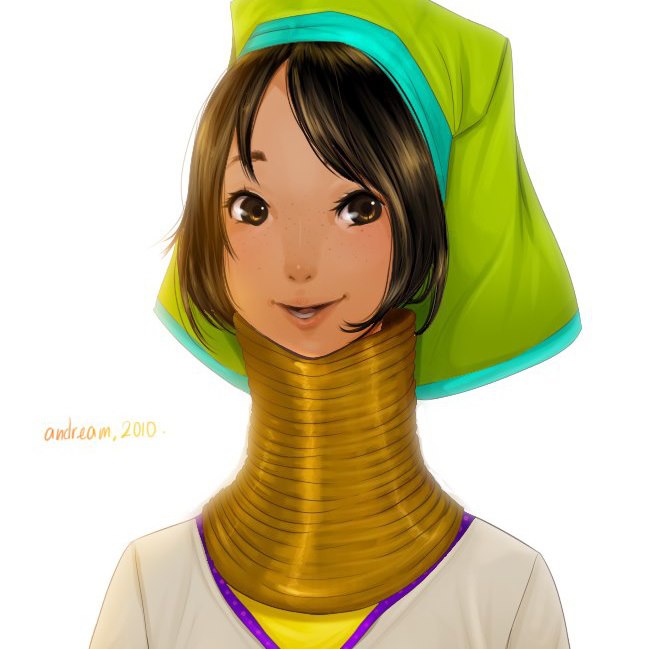Women in Kayah state were aribitarily arrested during the military coup, and they were also tortured, raped and fallen into victims of heavy weapon fire and air strikes of the junta. However, they continued their roles amid various oppressions by helping each other.
This interview with Christine, the CEC member of Kayan Women’s Organization (KyWO) is about the existing challenges of women, reciprocal helps and their participation in Spring Revolution.
TLT: What are the prevailing challenges for women in Karenni?
Christine: We are suffering mental, physical, sexual and economical insecurities at present. Other Myanmar people might have such feelings. The situations have worsened this month. We have learnt that women in conflict-torn areas were reportedly killed in front of their fathers after being raped.
TLT: What are the different challenges between women in urban areas and IDP camps?
Christine: Both of us are experiencing various insecurities. We are not safe to go outside alone. No safety for women even in urban areas. They are suffering harassment. Some women were arrested. No employment opportunities and no safety at all. We are losing human rights.
TLT: Could you talk about the crucial role of women in revolution in Kayah state?
Christine: Women are struggling for the safety of their children, their family and themselves amid the conflicts as much as they can. This is an advantage of our women. IDP women are taking their leading role. Women have realized after the coup that they can also work for politics and businesses like men, and they need to lead in overcoming the hardships. Surveys show that more women are actively taking part in IDP committees, in the role of leadership or policy affairs.
TLT: How is your organization helping women who are facing various oppressions?
Christine: We are taking part in providing basic food supplies to IDPs. We are giving them counselling. With the help of experts and medics, we are providing healthcare services and medical treatments. Pregnant women receive assistance from the peers at IDPs. We need to support healthcare staff. And that we are providing helps each other.
TLT: What is your concluding remark on the hardships of women in Kayah state?
Christine: All people including women are trying to survive themselves. We help each other. We provide cash assistance for delivery of pregnant women. Women who have medical knowledge also help them. We have no access to vaccinations, and it has been a major challenge for us. While the administrative sector is available for management, we have to provide assistance directly to the people. We are organizing public for respective sector. Women are mothers, and we expect peace for our families. As it is impossible at the moment, we are struggling for this. So, we want to advise the administrative sector to consider safety of women and children.
Than Lwin Times


